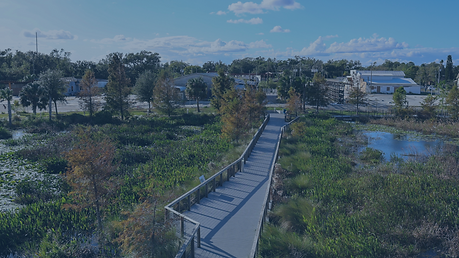Probate
Formal Administration
Formal Administration is the most common type of probate in Florida. It is used when an estate has more than $75,000 in assets or has complexities that require court oversight. It begins when a personal representative (also known as an executor or administrator) is appointed by the court to manage the estate of the deceased. The personal representative is responsible for gathering the deceased’s assets, settling any debts or claims against the estate, and distributing the remaining assets to the rightful heirs or beneficiaries as outlined in the will or according to Florida law when there is no will.
This process is initiated by filing a petition with the court, typically in the county where the deceased person lived. Once the personal representative is appointed, they are responsible for notifying creditors and beneficiaries, ensuring that all estate assets are properly accounted for, and managing the estate throughout the administration. This includes paying any outstanding debts, taxes, and expenses before distributing the remainder of the estate.
Although the process is more structured and time-consuming compared to a Summary Administration, Formal Administration ensures that the estate is handled properly and that the rights of creditors and beneficiaries are protected. It is a thorough legal procedure designed to prevent mismanagement of the estate, providing a clear path for asset distribution. Depending on the complexity of the estate, formal administration can take several months to over a year to complete, making it important for the personal representative to work closely with an experienced probate attorney to navigate the process efficiently and in compliance with Florida law.
Summary Administration
Summary Administration is a simplified probate process designed for estates that meet certain criteria, making it quicker and less expensive than a formal administration. This process can be used when the total value of the estate is less than $75,000 (excluding exempt assets) or when the decedent has been deceased for more than two years. Because it involves fewer legal steps and less court involvement, summary administration can often be completed faster, sometimes within a few months, depending on the circumstances.
Unlike Formal Administration, Summary Administration does not require the appointment of a personal representative. Instead, the court reviews a petition filed by the beneficiaries or heirs, which details the estate's assets, debts, and how the assets will be distributed.
Summary Administration is ideal for smaller estates or situations where most assets are exempt from probate, such as homestead property. However, it’s important to note that if there are unresolved debts or disputes among beneficiaries, formal administration may be a better option. Consulting with an experienced probate attorney can help determine whether Summary Administration is appropriate for a particular estate and ensure that the process is handled smoothly.
Disposition of Personal Property Without Administration
Disposition of Personal Property Without Administration is the simplest and most informal type of probate in Florida, but the one with the longest name. This process can be used when the deceased person’s estate consists of very minimal assets that are not valuable enough to justify a full probate. Typically, this applies when the estate’s assets are limited to items such as household goods, personal belongings, and small checking or savings accounts.
This process allows for the direct transfer of personal property to the entitled beneficiaries without the need for a formal court proceeding or the appointment of a personal representative. To initiate this process, the person requesting the disposition—usually an heir or beneficiary—files a simple petition with the court, detailing the assets and their value. Commonly, this method is used to reimburse a family member or individual who covered the decedent's final expenses, such as funeral costs or medical bills.
Because of its simplicity, Disposition of Personal Property Without Administration is typically resolved quickly, often within a matter of several weeks. However, it is only available in very specific situations, so consulting with an experienced probate attorney can help determine whether this option is appropriate for your case and ensure the proper documents are submitted to the court.

